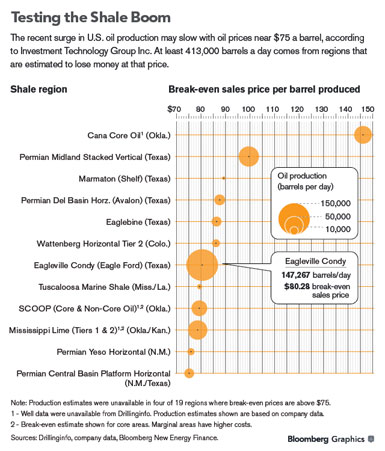by Rona Fried
It never ceases to amaze me how quickly things can change and how fragile most assumptions are.
A few months ago, we were dealing with oil and gas everywhere. The deepest wells ever were being drilled in the Gulf and exploding trains were in the news as the US literally overflowed with natural gas and oil.
But that was when oil sold for $100 a barrel – at $75, the picture looks very different.
As the Associated Press puts it: Deepwater drilling rigs are sitting idle. Fracking plans are being scaled back. Enormous new projects to squeeze oil out of the tar sands of Canada are being shelved. If prices stay low, that could be the final blow to the Keystone pipeline because Gulf refineries are awash in oil.
Not that oil prices won’t rise again, but after four years of high prices, the immediate scale-back by an industry that’s been full steam ahead is pretty stunning.
My first reaction to the news was fear – how quickly will cheap gas prices at the pump and for home heating lead to guzzling again? And how quickly will investments in renewable energy collapse because they can’t compete with cheap oil?
Sweet Spot For Renewable Energy
It turns out that as long as oil prices remain between $60-80 a barrel, that could be a sweet spot for the environment and renewable energy.
The price is low enough to make it unprofitable for companies to pursue risky, expensive oil and gas projects, but it’s still high enough to keep investing in clean energy and keep people cautious about how much oil they consume.
Why has common wisdom been turned on its head? High oil prices have long been the basis for a green transformation – forcing everyone from homeowners to big corporations to become more efficient, while promoting alternative sources of energy and electric cars.
What’s changed? In 2008, when Obama entered office, we were on the verge of passing cap-and-trade and finally dealing with climate change in a serious way. His Administration deserves credit for pushing renewables forward, but the US also opened its arms to oil and gas in the name of energy independence.
Even the devastation of the BP Horizon oil spill couldn’t hold off deepwater drilling in the Gulf. In decades past, strict regulations would have been put in place, but not this time.
Then there’s the fracking boom, also very recent. There too, the industry has been allowed to plow ahead basically unregulated.
The answer is that high oil prices inspired a boom, but it proceeded only because of the absence of government oversight.
The industry has been allowed to pursue fracking everywhere, even next to schools and near suburbs. Even calls for methane regulations have been ignored as industry lobbying grew to levels not seen before.
Indeed, the only regulations the US has put in place are working – fuel economy standards. Cars and trucks go much further on a gallon of gas, keeping demand down regardless of price.
With the US government’s eyes closed on the environmental damage, the only thing that calms the onslaught are low prices from flooding a low demand, more energy efficient market with 9 million barrels a day of oil.
A New Age of Abundant, Cheap Oil
Pundits already say we’re in "a new age of abundant and cheap energy supplies."
"A new era of lower prices is being ushered in by the US shale oil and gas revolution," Ed Morse, global head of commodities research for Citigroup, told Bloomberg. "Undoubtedly some of the geopolitical changes will be momentous."
True, low oil prices are a real problem for Russia and OPEC, but you never know – that could encourage them to move to renewable energy – especially if we get a climate treaty next year.
"The most probable case is a four-or five-year cycle with prices in the range of $65 to $80 a barrel," a former oil executive told Bloomberg.
For now, that’s good news. 19 US shale regions are no longer profitable, according to Bloomberg New Energy Finance. "The shale revolution doesn’t work at $80, period," Daniel Dicker, president of MercBloc Wealth Management Solutions, told Bloomberg. He’s been trading crude for 25 years. Others say fracking will continue to grow but not at the same frantic pace and not in the most challenging areas.

I’m not saying that there aren’t rewards from US energy independence and being the world leader on fossil fuel production, but industry could have higher profits if they went along with balance on the environmental side.
